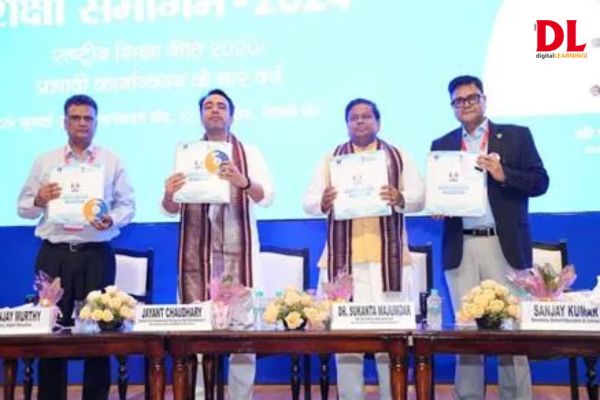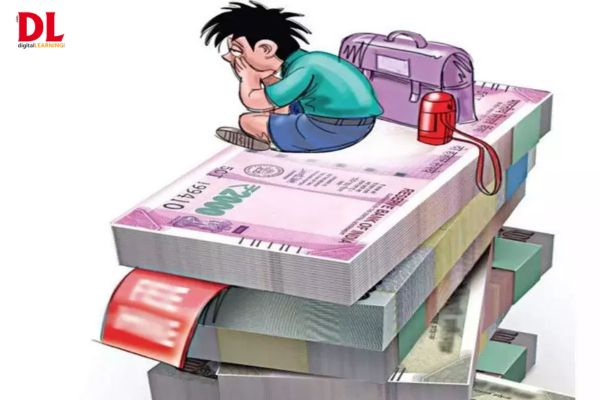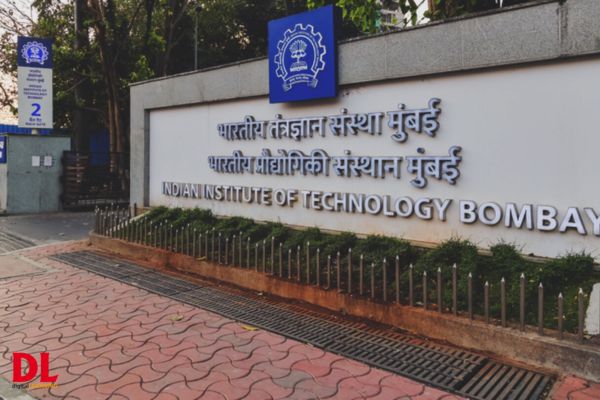The ed-tech industry is experiencing a global surge, projected to reach a value of US$661.2 billion by 2032. In this transformative landscape, India is emerging as a key player, propelling its domestic ed-tech sector onto the international stage. Indian ed-tech companies are not just breaking barriers; they are reshaping the global education sector. As the demand for education access, a tech-savvy generation, and a growing number of internet users escalate, Indian ed-tech companies are at the forefront of this global transformation.
The ed-tech journey in India started in the early 2000s with only a few players in the market. At the moment, the situation is a diverse picture of companies that can meet various needs of users. These enterprises are leading the digital transformation of education in India across skills, languages, and STEM. The ed-tech sector in India emerged as the second largest in the world and raised a record US$4. 73 billion in funding in the recent past. This financial muscle and a user base that has crossed 18 million underscore the huge possibilities of ed-tech in India.
Growth Drivers: Affordability, Accessibility, and Innovation.
Several factors are driving the rapid growth of India’s ed-tech industry. The country’s expanding internet user base, which is predominantly mobile-driven, provides a fertile ground for ed-tech businesses. Additionally, India’s youthful population fuels the demand for upskilling and reskilling, creating a substantial market for online courses and certificates. These factors, combined with the affordability and accessibility of Indian ed-tech platforms, are propelling the industry’s growth.
One of the key factors that sets Indian ed-tech platforms apart is their affordability. Compared to their Western counterparts, Indian ed-tech platforms offer significantly lower costs. For instance, online postgraduate programs can be obtained at a fraction of the price of a traditional degree abroad. This affordability, coupled with the virtual format that transcends geographical limitations, is making quality education accessible to a wider global audience. This cost-conscious approach positions Indian ed-tech as a frontrunner in the worldwide market, promising substantial revenue opportunities and the potential for widespread educational impact.
Also read: Indian EdTech Titans Unacademy And K12 Techno Eye Landmark Merger
Indian ed-tech companies stand out for their unique strategies that set them apart in the global market. Their commitment to bridging educational disparities and their innovative approaches are key to their success as they expand globally. These strategies include strategic collaborations, technological universality, and cultural adaptation, all of which contribute to their competitive edge.
Cultural Adaptation
Indian ed-tech companies are going beyond simple translation to achieve true cultural adaptation. Here’s how:
- Content localisation: They’re tailoring learning materials to resonate with different learning styles. This includes adapting examples, references, and humour to be culturally relevant to the target audience.
- Incorporating diverse perspectives: The content acknowledges and celebrates global viewpoints, ensuring students encounter a richer learning experience.
- Language learning with cultural context: Language learning platforms are going beyond vocabulary and grammar, integrating cultural nuances to aid communication and understanding.
Technological Universality
To ensure global accessibility, Indian ed-tech companies are focusing on:
- Offline functionality: Understanding that internet connectivity can be unreliable in some regions, platforms are enabling features that allow students to download lessons and access them without an internet connection.
- Mobile-first approach: Since mobile phones are often the primary internet device in many countries, platforms are optimised for mobile learning, with downloadable apps and responsive web design.
- Lower bandwidth requirements: Catering to areas with limited internet speed, companies are developing content that uses less data to stream or download.
Strategic Collaborations:
Indian ed-tech companies are forging partnerships to:
- Tap into local expertise: Collaborating with local educational institutions and businesses provides valuable insights into the specific needs and preferences of the target market.
- Leverage existing distribution networks: Partnering with established educational organisations allows ed-tech companies to reach a wider audience through existing channels.
- Develop co-created content: Joint ventures with international partners can lead to the creation of educational content that is truly international in scope and perspective.
The rise of Indian ed-tech benefits not only students and educators in India but also their global counterparts. A recent study revealed that instructors on Indian ed-tech platforms dedicate more time to students and reach a larger student base compared to those on foreign platforms. This translates into increased earning potential for educators and a richer learning experience for students worldwide.
The Future of Education: A seamless blend of technology and innovation.
The global growth of online education presents exciting opportunities for all stakeholders. As online learning evolves, the post-pandemic landscape of higher education will be transformed. India’s strong belief in the potential of digital tools positions the country as a leader in shaping the future of education. The global rise of Indian ed-tech companies heralds a new era that seamlessly integrates technology, innovation, and cultural understanding. With their unwavering commitment to quality and affordability, Indian education technology is poised to make a lasting impact on global education, ensuring access and quality for all.
Finally, India’s ed-tech sector is more than just a home success story; it is poised to become a worldwide phenomenon. Indian ed-tech companies are democratising access to great education by using innovation, affordability, and a commitment to cultural awareness. As the world adopts online learning, India is well-positioned to lead the way, imagining a future in which education is accessible, inclusive, and empowering to everyone.
Views expressed by: Mr. Diwakar Chittora, Founder & CEO, Intellipaat





























